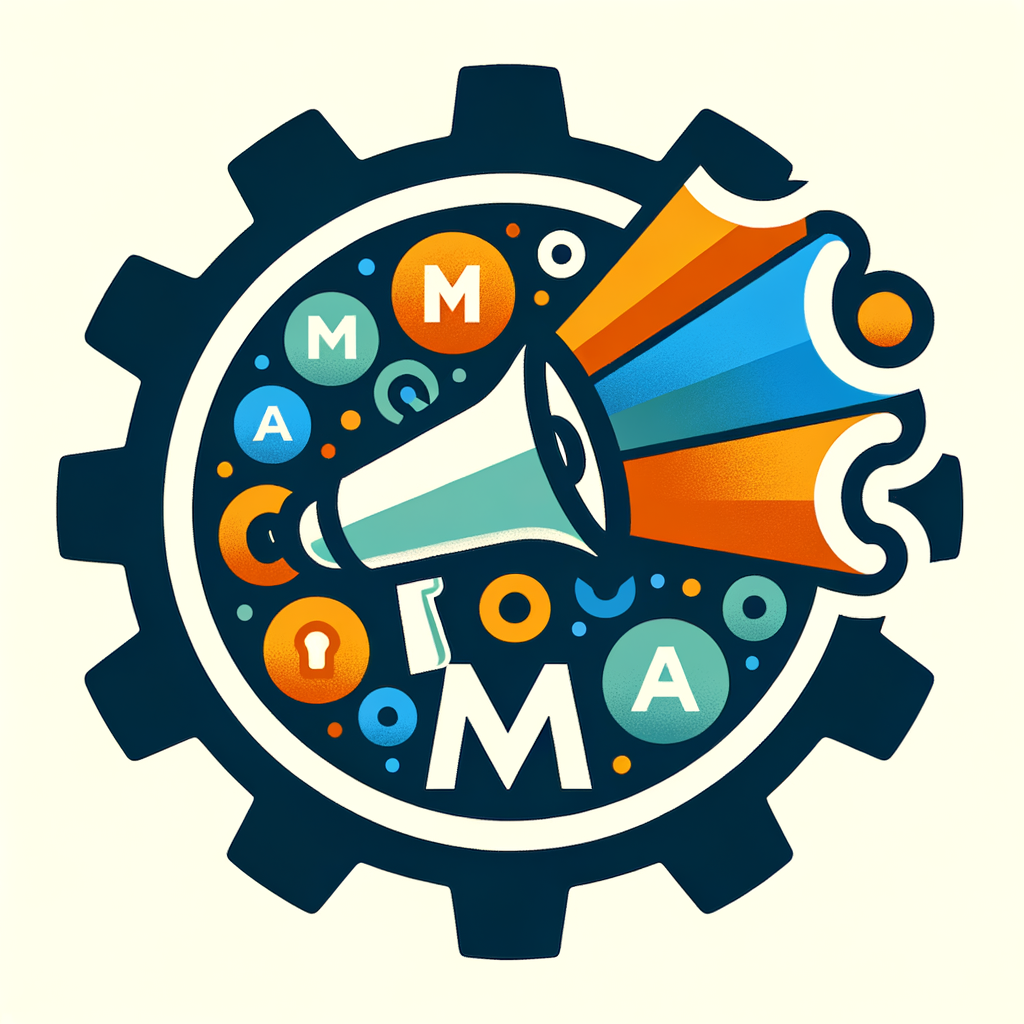Marketing automation streamlines and enhances marketing efforts by using technology to automate repetitive tasks. This enables businesses to engage with their audience more efficiently and effectively. In this article, we’ll explore various types of marketing automation, detailing their functions and significance.
Key Takeaways
- Email Automation: Automates email campaigns for targeted communication.
- Social Media Automation: Manages and schedules social media posts.
- CRM Integration: Connects marketing tools with CRM systems for better data management.
- Lead Scoring: Evaluates leads based on their engagement and potential.
- Analytics and Reporting: Provides insights into campaign performance.
- Personalization: Delivers tailored content to specific audience segments.
- Mobile Marketing Automation: Targets users on mobile platforms.
- E-commerce Automation: Enhances online shopping experiences through automation.
Email Automation
Email automation involves sending targeted messages to customers and prospects at the right time. It helps maintain consistent communication and nurture leads through:
- Automated Campaigns: Sending emails based on user actions.
- Drip Campaigns: Sequential emails sent according to a schedule.
Benefits
- Efficiency: Saves time by automating the sending process.
- Personalization: Tailors content to individual preferences.
Social Media Automation
Social media automation tools streamline the process of posting content across various platforms. Key features include:
- Scheduled Posts: Plan posts in advance.
- Engagement Tracking: Monitor interactions and responses.
Advantages
- Consistency: Maintains a regular posting schedule.
- Reach: Expands audience engagement.
CRM Integration
CRM integration connects marketing automation tools with customer relationship management systems. This integration provides a unified view of customer data.
Features
- Data Synchronization: Keeps customer information up-to-date.
- Seamless Communication: Enables personalized marketing efforts.
Lead Scoring
Lead scoring evaluates and ranks leads based on their behavior and engagement, helping prioritize sales efforts.
Process
- Assign Scores: Based on actions like email opens or website visits.
- Prioritize Leads: Focus on high-scoring leads for better conversion.
Analytics and Reporting
Analytics tools within marketing automation platforms provide insights into campaign performance, helping refine strategies.
Key Functions
- Performance Metrics: Track the success of marketing efforts.
- Data Visualization: Present data in an understandable format.
Personalization
Personalization uses data to deliver relevant content to specific audience segments, enhancing user experience.
Techniques
- Dynamic Content: Tailor website or email content based on user data.
- Segmentation: Divide audience into groups for more effective targeting.
Mobile Marketing Automation
Mobile marketing automation targets users on smartphones and tablets, utilizing features like push notifications and SMS.
Benefits
- Direct Engagement: Reaches users directly on their devices.
- Timely Alerts: Sends updates and offers in real-time.
E-commerce Automation
E-commerce automation streamlines online shopping processes, from cart reminders to personalized product recommendations.
Applications
- Cart Abandonment Emails: Remind customers to complete purchases.
- Product Suggestions: Recommend items based on browsing history.
Conclusion
Understanding the types of marketing automation and their applications can greatly enhance your marketing strategy. By leveraging these tools, businesses can achieve greater efficiency, personalization, and insight into their marketing efforts, ultimately driving better results and customer satisfaction.

